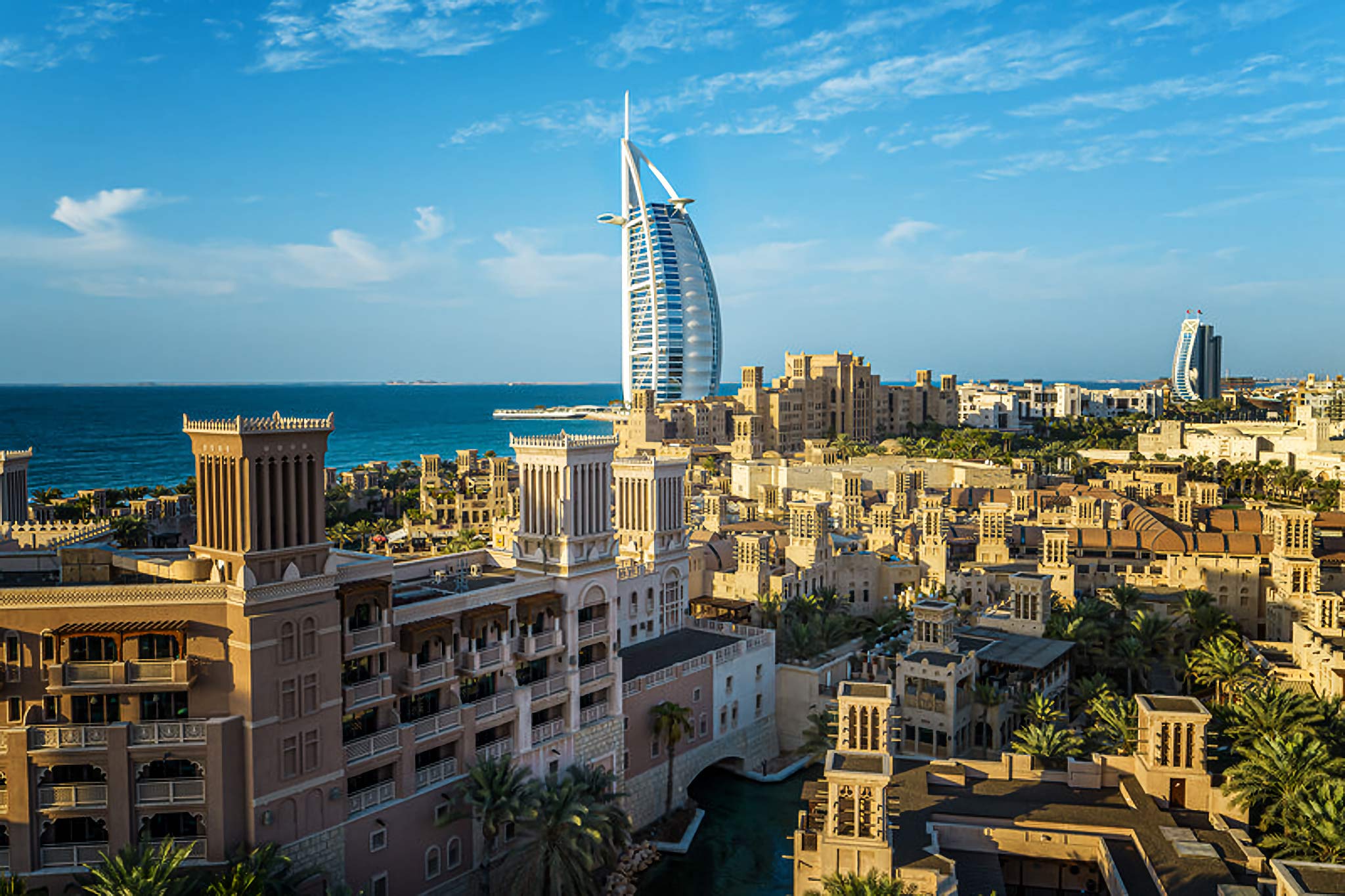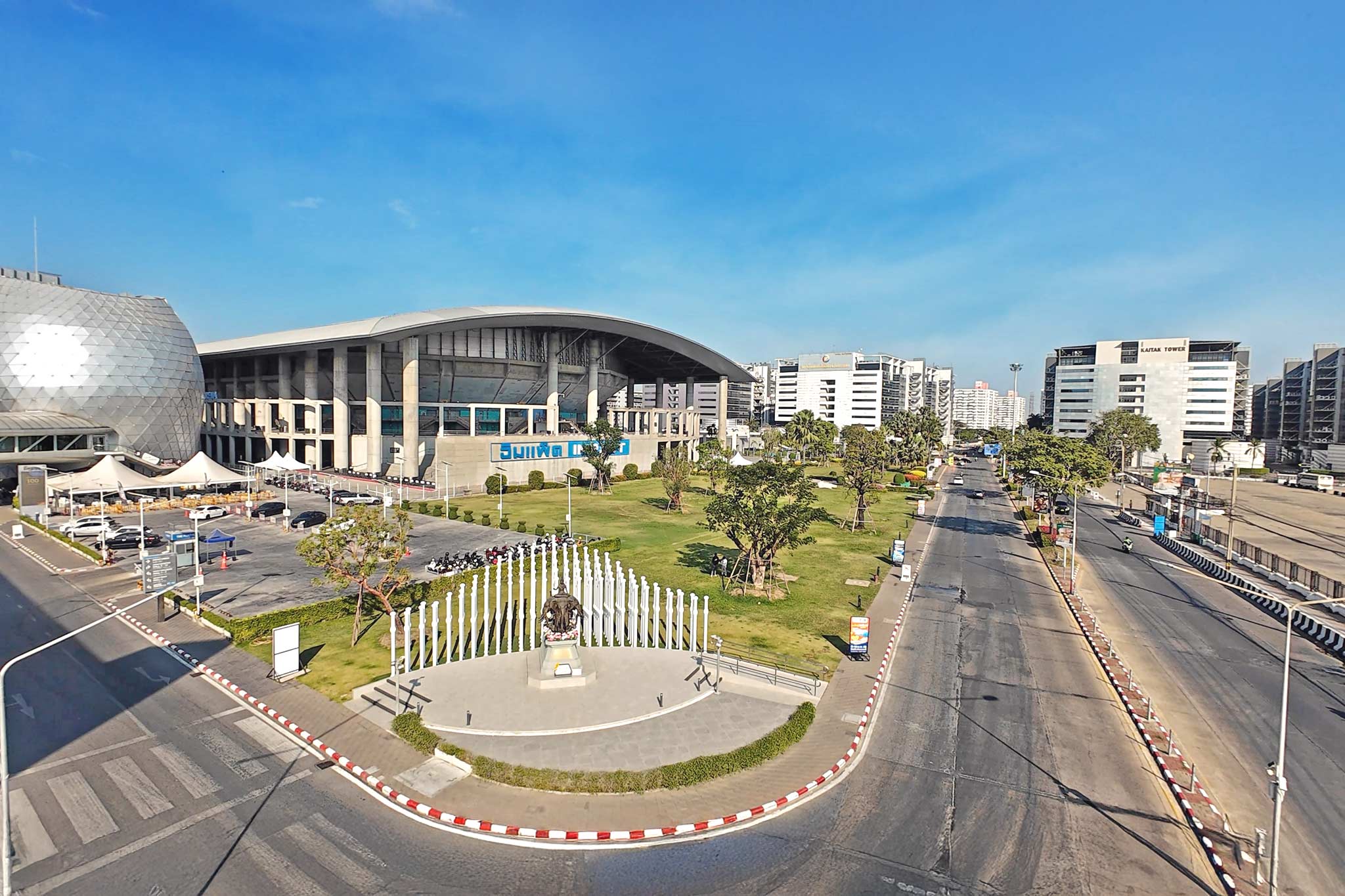A directive from Dubai’s Department of Tourism and Commerce Marketing (Dubai Tourism) mandates that all hotels comply with the Sustainability Requirements for Hotel Establishments by the deadline of July 1, 2021, as set by Dubai Sustainable Tourism (DST), an initiative to further enhance Dubai’s position as one of the world’s leading sustainable tourism destinations, according to Hotel & Catering News Middle East.
Under the directive, hotels must also resume monthly submission of carbon emission drivers. The system has the long-term objective of advancing sustainability performance across the sector. Back in 2019 Dubai Tourism led by DST trained 528 hotels on the implementation of these sustainability standards and currently inviting hotels for a refresher webinar ahead of July 2021.
Due to the global Covid-19 pandemic, the deadline was extended for an additional 12 month, a decision that Dubai Tourism took to strengthen the foundations for recovery of the hospitality sector. The progress on implementation of the mandatory standards will be tracked by hotels and audited by DST.
Yousuf Lootah, Vice Chairman of Dubai Sustainable Tourism, says: “Over the past year, the strength of the city’s tourism industry is reflected in the safe and successful reopening of Dubai to domestic and international visitors. In alignment with the city’s wider carbon reduction strategy, we know that tourism can also be an area where Dubai truly sets the benchmark at a global level with forward-thinking sustainability and corporate social responsibility practices. We strongly encourage hotels to comply with the 19 Sustainability Requirements set by Dubai Tourism and provide Carbon Calculator submissions by July 1. We know that with the ongoing support of the relevant government bodies these hotel establishments can play a huge part in achieving the overall carbon emission reduction target over the next year and beyond.”
The 19 Sustainability Requirements include sustainable management approaches, performance metrics, energy, food and water management plans, guest education, employee training initiatives, the presence of sustainability committees within hotel establishments and corporate social responsibility programmes for local communities. Through improving internal sustainability operations, hotel establishments in turn will enhance the competitiveness of Dubai’s tourism-linked economy. These requirements support Dubai’s Carbon Abatement Strategy 2021 target to reduce the carbon emissions by 16 per cent by 2021, overall.
Since its inception in January 2017, the Carbon Calculator, part of the Tourism Dirham Platform, is a tool that has been measuring the carbon footprint within Dubai’s hospitality sector. On a monthly basis hotels submit their consumption of 11 carbon emission sources, including: electricity, district cooling, water, waste, fuel for transportation, fuel for generators, fire extinguishers, and liquefied petroleum gas for analysis. This information is aggregated and analysed to provide valuable industry insights on the sector’s collective carbon footprint. In addition, by formulating a baseline along with consistent tracking, this information enables hotels to understand their energy, water and waste consumption and further identify successful cost-saving opportunities.



